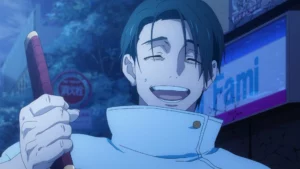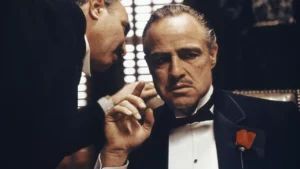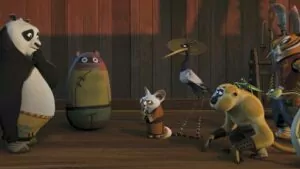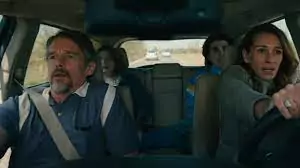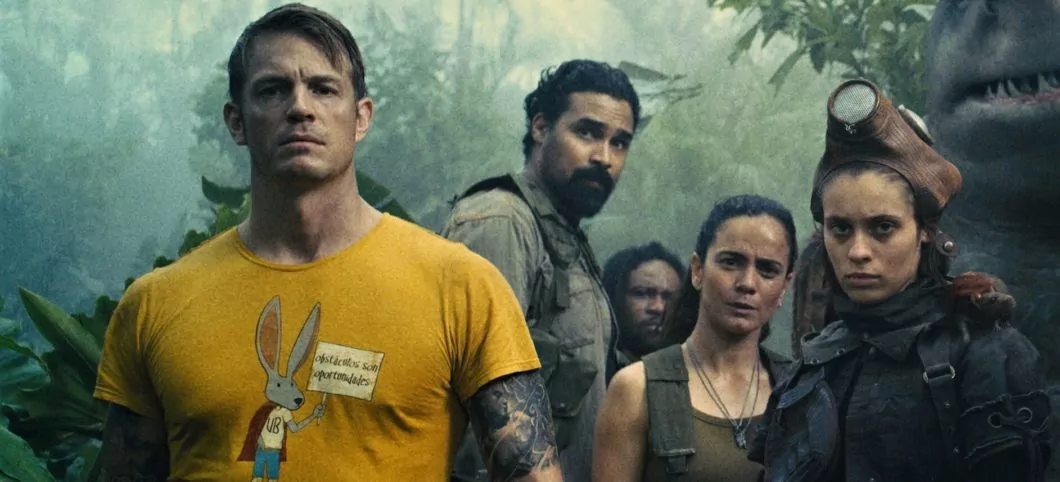
Joel Kinnaman stars in the brand-new rendition of the hit DC comic book series, The Suicide Squad. Starring as Rick Flag, he has also worked on various Movies and TV Shows such as RoboCop, The Informer and Altered Carbon. He talked about the comic books, working with such a diverse ensemble of actors and shooting with John Cena on the sets of The Suicide Squad, check it out below.
Q. Did you read comic books as a kid?
Joel Kinnaman: I did. I read Batman and Superman, and I loved The Phantom for some reason. That was a big comic book in my house.
Q. And what about Colonel Rick Flag first interested you when you started to tackle this role?
Joel Kinnaman: Originally it was just a very cool project to be a part of, but I didn’t know much about it. I hadn’t heard of the Suicide Squad before I joined the first iteration of the film. Then, this time around, we were all just so stoked that we had James Gunn to jump on board; everyone was suddenly really excited. When I read his script, I really had that feeling that it was what everyone was hoping The Suicide Squad would be. It was this chaotic, violent, funny, silly, big movie, but at the same time it had these tender, intimate moments between characters. It was crazy and silly, but it also had a soul.
Q. Describe working with James Gunn. What was that experience like?
Joel Kinnaman: It’s just really fun and easy. He has such a clarity of vision. Everyone that was working on this film knew what the film was going to be. Everyone had the script, there was no discussion about the script; this is the script that everyone wanted to do.
As a person, James is a very kind guy. All this cachet that he’s built up, and all this trust and power that he’s earned because of his success, he just uses all that for good, for creating a warm environment on set. The crew was happy. Everyone that was working was happy. It’s just his clarity. We had time to play around with scenes, and he’s open for people to improvise. He throws out new lines…it’s really a playful process. I think all that comes from him knowing so exactly what he wants out of the film, what he wants out of each day, what he wants out of each shot. He knows he’s going to get what he needs, and that gives him the latitude to play around and see if something new arises.
Q. Everybody that I’ve talked to has described the environment on set as collaborative and familial. Do any memories stand out?
Joel Kinnaman: There are so many. A lot. It’s hard to pinpoint any one in particular.
Q. What was it like working with so many different people from different backgrounds, different nationalities? It’s a very diverse ensemble.
Joel Kinnaman: That’s the fun thing about doing a big movie like this. It’s just people coming in from everywhere. The absolute majority are people that James has cast. He handpicks people, a lot of really funny guys. He has this ensemble with him, in a sense, of people that he’s worked with on previous films. I think that’s always a testament to someone’s character, when they build a family over the course of their career, and that family continues to work together. You see that on his films. There are a lot of people that I met on this film that are now dear friends.
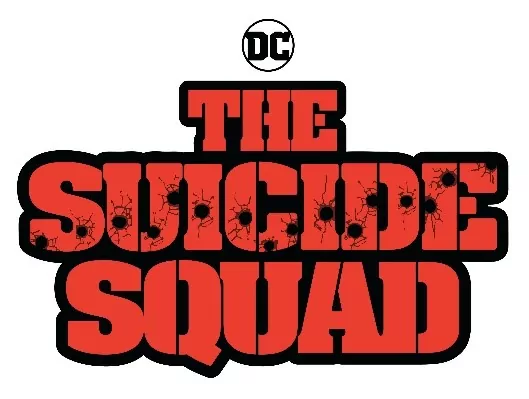
Q. What do you hope audiences take away from this film?
Joel Kinnaman: When I saw it, I was actually really moved, because I felt like, “This is going to be a really powerful experience for people after sitting locked up for over a year.” This film, I think, has the potential to really give people that communal, collective movie theater experience that we just have been robbed of for the past year. I think it’s going to be loud in those movie theaters. I think people are going to be laughing, and “oohing” and “aahing.” I can’t wait for people to see this together.
That’s one of the reasons why I wanted to do this as a profession, because I love those experiences. I love feeling that collective concentration while watching a story. You’re sitting with these strangers, but you’re having this collective experience. I think this film, more than any one that I can think of, is really going to offer that. This is a film you want to see in the theater because it’s going to be so much more fun. I think people are going to see it several times, too.
Q. Last question before you go: You have this great fight scene alongside John Cena. How did you approach that, working with somebody like John Cena, who kind of made his name from fighting?
Joel Kinnaman: I went into it as a mentor. It’s film fighting, so it’s very different. I could tell that John was a little nervous. I chaperoned him through the whole experience. I told him, “Call me if you have any worries or thoughts,” and I gave him my phone number so he could call me and talk it through. He did, many times. [LAUGHS] I sort of coached him through the whole experience, and I think it was a huge learning experience for John. I was just really happy to be able to be there for a fellow actor that’s just a little less experienced. Someone who needed that mentorship that I could provide.
Q. It’s a great scene! Thank you for taking the time to talk with us.
Joel Kinnaman: Sure, thanks.
The Movie Culture Synopsis
The Suicide Squad is in theatres worldwide, and it is also streaming on HBOMax. Go check out the ridiculously wild R-Rated adaptation of The Suicide Squad in theatres near you.
